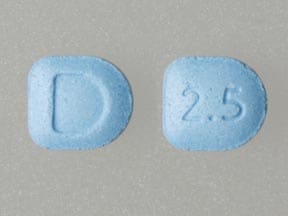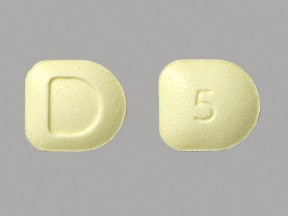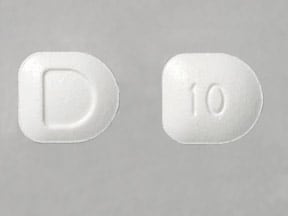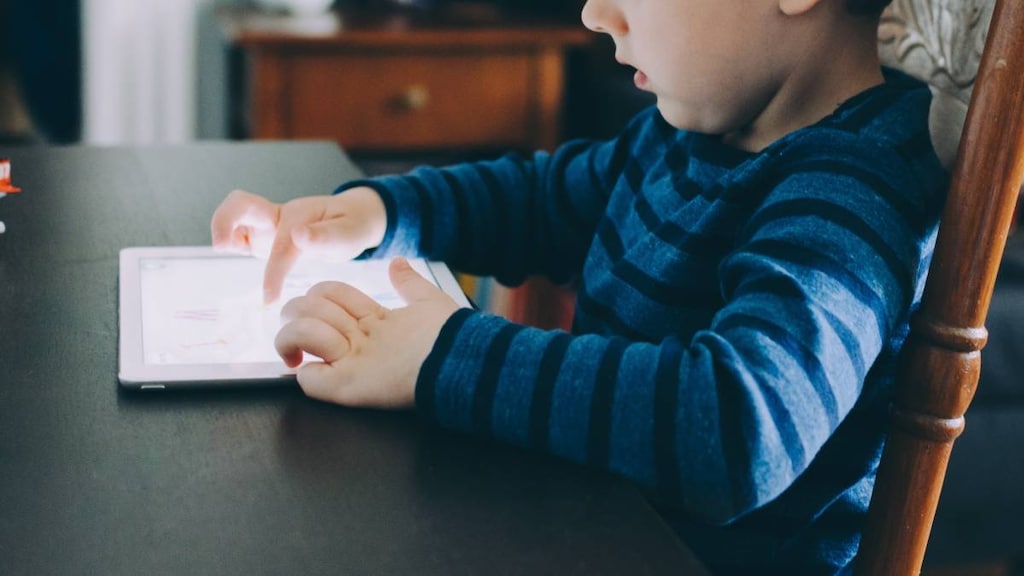What is Focalin?
- Focalin is a central nervous system stimulant (CNS) prescription medicine. It is used for the treatment of Attention-Deficit Hyperactivity Disorder (ADHD). Focalin may help increase attention and decrease impulsiveness and hyperactivity in patients with ADHD.
- Focalin should be used as a part of a total treatment program for ADHD that may include counseling or other therapies.
What is the most important information I should know about Focalin?
Focalin is a federal controlled substance (CII) because it can be abused or lead to dependence. Keep Focalin in a safe place to prevent misuse and abuse. Selling or giving away Focalin may harm others, and is against the law.
Tell your doctor if you or your child have abused or been dependent on alcohol, prescription medicines, or street drugs.
The following have been reported with use of methylphenidate hydrochloride and other stimulant medicines:
1. Heart-related problems:
- sudden death in patients who have heart problems or heart defects
- stroke and heart attack in adults
- increased blood pressure and heart rate
Tell your doctor if you or your child have any heart problems, heart defects, high blood pressure, or a family history of these problems.
Your doctor should check you or your child carefully for heart problems before starting Focalin.
Your doctor should check you or your child’s blood pressure and heart rate regularly during treatment with Focalin.
Call your doctor right away if you or your child has any signs of heart problems, such as chest pain, shortness of breath, or fainting while taking Focalin.
2. Mental (psychiatric) problems:
All Patients
- new or worse behavior and thought problems
- new or worse bipolar illness
- new or worse aggressive behavior or hostility
- new psychotic symptoms (such as hearing voices, believing things that are not true, are suspicious) or new manic symptoms
Tell your doctor about any mental problems you or your child have, or about a family history of suicide, bipolar illness, or depression.
Call your doctor right away if you or your child have any new or worsening mental symptoms or problems while taking Focalin, especially seeing or hearing things that are not real, believing things that are not real, or are suspicious.
Who should not take Focalin?
Focalin should not be taken if you or your child:
- are allergic to methylphenidate hydrochloride, or any of the ingredients in Focalin. See the end of this Medication Guide for a complete list of ingredients in Focalin.
- are taking or have taken within the past 14 days an anti-depression medicine called a monoamine oxidase inhibitor or MAOI.
What should I tell my healthcare provider before taking Focalin?
Focalin may not be right for you or your child. Before starting Focalin, tell your or your child’s doctor about all health conditions (or a family history of), including:
- heart problems, heart defects, high blood pressure
- mental problems, including psychosis, mania, bipolar illness, or depression
- circulation problems in fingers or toes
- if you are pregnant or plan to become pregnant. It is not known if Focalin will harm your unborn baby.
- There is a pregnancy registry for females who are exposed to ADHD medications, including Focalin during pregnancy. The purpose of the registry is to collect information about the health of females exposed to Focalin and their baby. If you or your child becomes pregnant during treatment with Focalin, talk to your healthcare provider about registering with the National Pregnancy Registry of ADHD medications at 1-866-961-2388 or visit online at https://womensmentalhealth.org/adhd-medications.
- if you are breastfeeding or plan to breastfeed. Focalin passes into your breast milk. Talk to your healthcare provider about the best way to feed the baby during treatment with Focalin.
Tell your doctor about all of the medicines that you or your child takes, including prescription and over-the-counter medicines, vitamins, and herbal supplements. Focalin and some medicines may interact with each other and cause serious side effects. Sometimes the doses of other medicines will need to be adjusted while taking Focalin.
Your doctor will decide whether Focalin can be taken with other medicines.
Especially tell your doctor if you or your child takes:
- anti-depression medicines, including MAOIs
- blood pressure medicines (anti-hypertensive)
Know the medicines that you or your child takes. Keep a list of your medicines with you to show your doctor and pharmacist.
- You should not take Focalin on the day of your operation if a certain type of anesthetic is used. This is because there is a chance of a sudden rise in blood pressure and heart rate during the operation.
Do not start any new medicine while taking Focalin without talking to your doctor first.
How should I take Focalin?
- Take Focalin exactly as prescribed. Your doctor may adjust the dose until it is right for you or your child.
- Take Focalin twice daily, at least 4 hours apart.
- Focalin may be taken with or without food.
- From time-to-time, your doctor may stop Focalin treatment for a while to check ADHD symptoms.
- Your doctor may do regular checks of the blood, heart, and blood pressure while taking Focalin.
- Children should have their height and weight checked often while taking Focalin. Focalin treatment may be stopped if a problem is found during these check-ups.
- In case of poisoning, call your poison control center at 1-800-222-1222 right away, or go to the nearest hospital emergency room.
What are the possible side effects of Focalin?
Focalin may cause serious side effects, including:
- See “What is the most important information I should know about Focalin?” for information on reported heart and mental problems.
- Painful and prolonged erections (priapism) have occurred with methylphenidate. If you or your child develops priapism, seek medical help right away. Because of the potential for lasting damage, priapism should be evaluated by a doctor immediately.
- Circulation problems in fingers and toes (peripheral vasculopathy, including Raynaud’s phenomenon). Tell your doctor if you or your child have, numbness, pain, skin color change, or sensitivity to temperature in the fingers or toes. Symptoms of circulation problems includes:
- fingers or toes may feel numb, cool, painful
- fingers or toes may change color from pale, to blue, to red
- Call your doctor right away if you have or your child has any signs of unexplained wounds appearing on fingers or toes while taking Focalin.
- Slowing of growth (height and weight) in children
Common side effects include:
- abdominal pain
- fever
- anorexia
- nausea
Call your doctor for medical advice about side effects. You may report side effects to FDA at 1-800-FDA-1088.
Focalin Images
General information about the safe and effective use of Focalin
Medicines are sometimes prescribed for purposes other than those listed in a Medication Guide. You can ask your pharmacist or doctor for information about Focalin that is written for healthcare professionals. Do not use Focalin for a condition for which it was not prescribed. Do not give Focalin to other people, even if they have the same symptoms that you have. It may harm them and it is against the law.
How should I store Focalin?
- Store Focalin in a safe place and in a tightly closed container at room temperature between 68°F to 77°F (20°C to 25°C).
- Protect from light.
- Dispose of remaining, unused, or expired Focalin by a medicine take-back program at authorized collection sites, such as retail pharmacies, hospital or clinic pharmacies, and law enforcement locations. If no take-back program or authorized collector is available, mix Focalin with an undesirable, nontoxic substance, such as dirt, cat litter, or used coffee grounds to make it less appealing to children and pets. Place the mixture in a container, such as a sealed plastic bag and throw away (discard) Focalin in the household trash.
- Keep Focalin and all medicines out of the reach of children.
What are the ingredients in Focalin?
Active ingredient: dexmethylphenidate hydrochloride
Inactive ingredients: pregelatinized starch, lactose monohydrate, sodium starch glycolate, microcrystalline cellulose, magnesium stearate, and FD&C Blue No.1 #5516 aluminum lake (2.5 mg tablets), D&C Yellow Lake #10 (5 mg tablets); the 10 mg tablet contains no dye.








